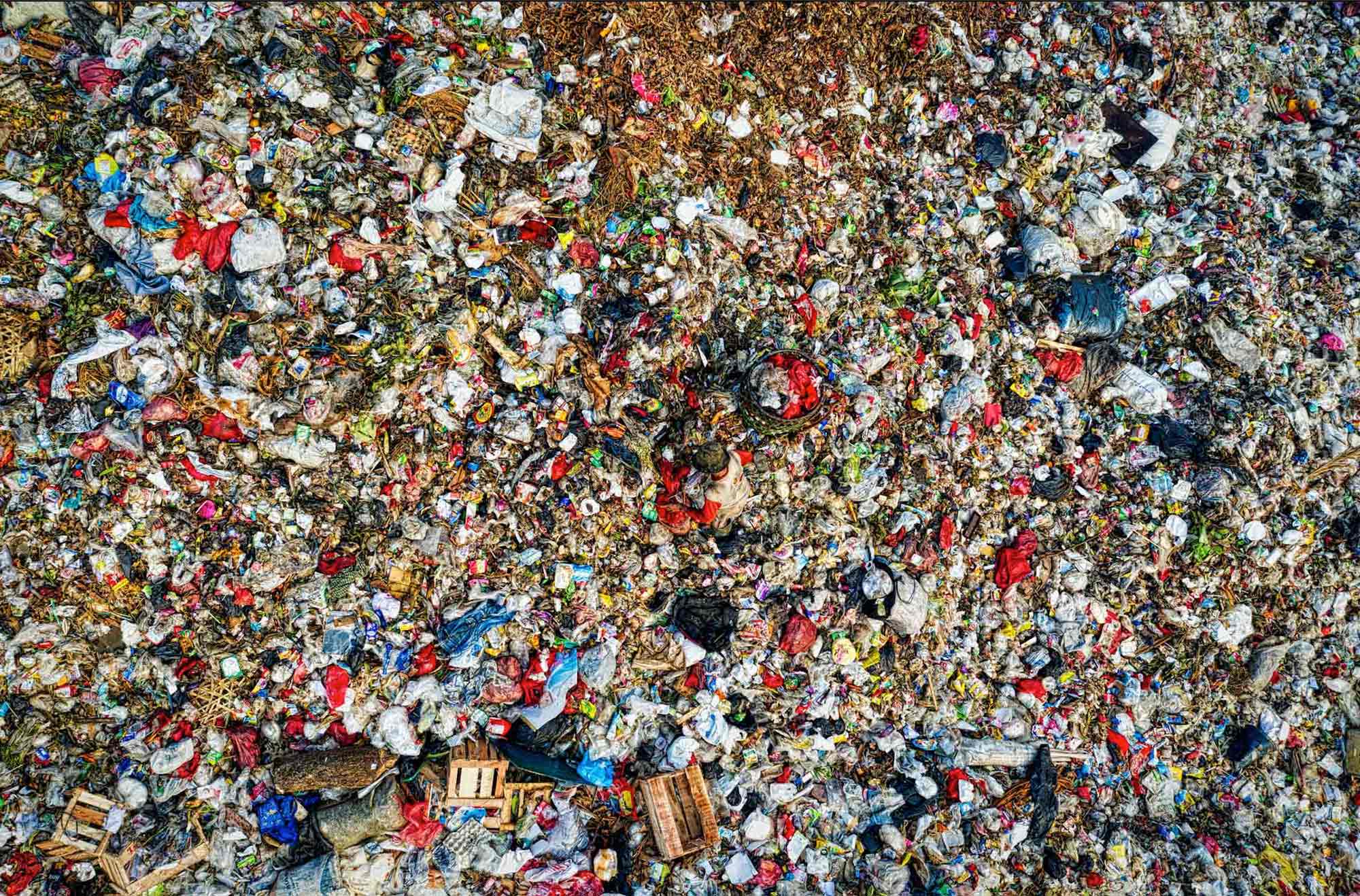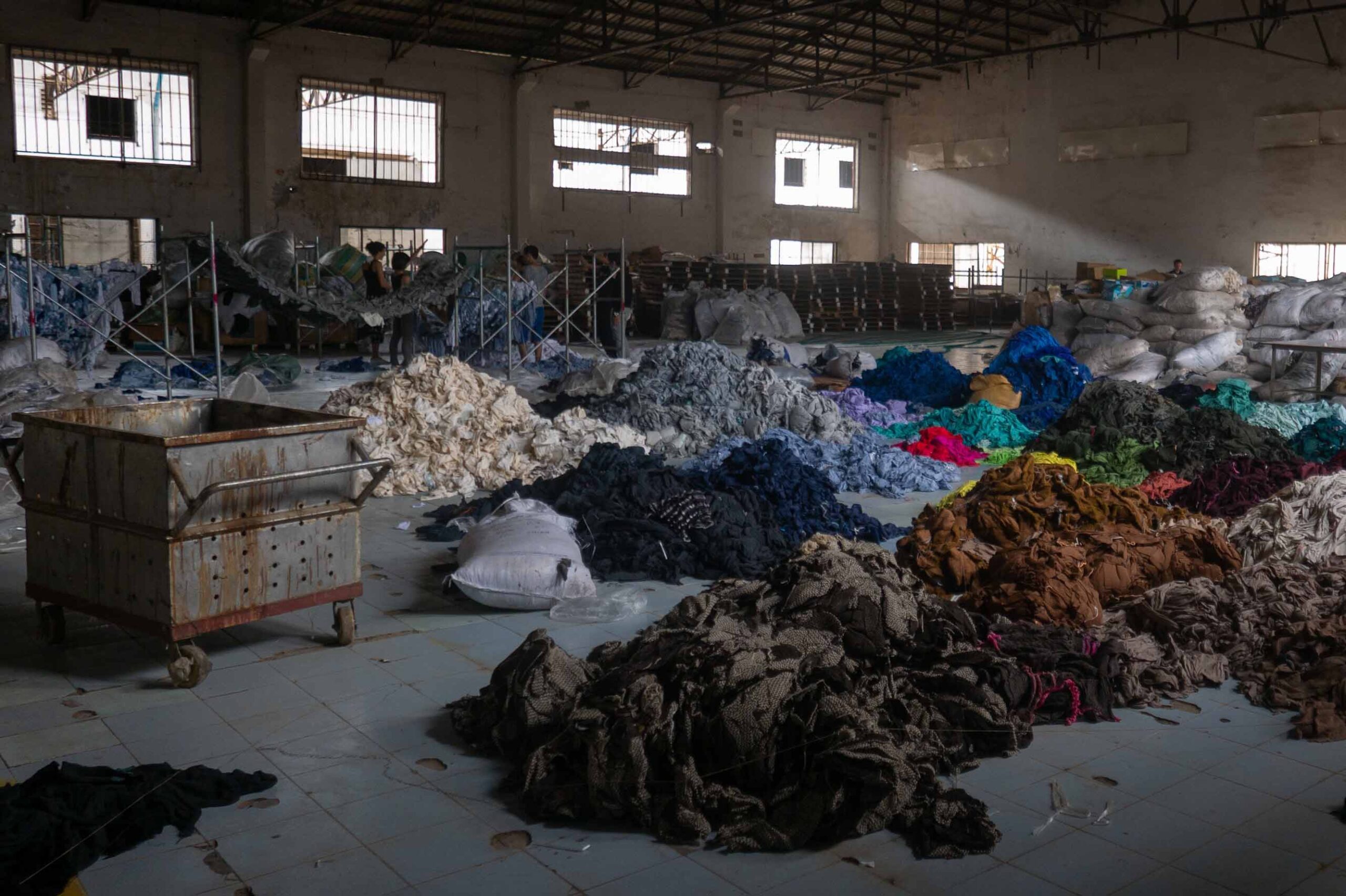The world and emerging markets in particular have a waste problem. Cities around the world generate over 2 billion tons of waste per year, and one-quarter of the world’s population, located primarily in emerging markets, does not have its waste collected. Continued economic growth, urbanization and rise of the middle class in emerging markets means that the production of waste is growing in geographies that are least able to manage it. For example, the production of waste in Sub-Saharan Africa will triple by 2050.
This growing mountain of emerging market waste is causing serious environmental and health problems in emerging markets. Waste from cities with no formal waste collection system is dumped on the outskirts of cities and in rivers, lakes and the ocean. Where basic waste collection services are in place, waste is dumped in over-filled landfills with few efforts to recycle waste or use it in other waste-to-value efforts. This in turn results in water and air pollution that not only harms the people in the locality generating the waste, resulting in 400,000 to 1 million pre-mature deaths per year, but it also has a global impact.
Plastic pollution is a good example of the global impact of the emerging market’s waste problem. If plastic is not recycled, then it litters the land or ends up in the ocean. Over 18 billion tons of plastic ends up in the ocean every year. This plastic harms fish, pollutes coral reefs, and finds its way into the human food chain as microplastic particles. The majority of this waste plastic comes from emerging markets, and projected economic growth in these markets will double their use of plastic over the next 10 to 15 years.
Solving the emerging market’s growing waste problem requires a change in mindset from viewing the issue as a problem to viewing the issue as an opportunity; from viewing waste as something that needs to be disposed of to viewing waste as a valuable resource. Waste contains paper, plastic, metals and organic material all of which have value ranging from $75 to $90 per ton of waste in the Europe, North America and the developed portions of the Middle East, to $50 to $75 per ton of waste in emerging markets
For example, Africa currently produces approximately 400 million tons of waste per year and is projected to produce 660 million tons of waste per year by 2035. This means that Africa is currently producing waste with approximately $20 billion of contained value. The opportunity is to economically capture this value and create a circular waste economy by optimizing and developing the market chain for waste, applying new technologies to optimize the value of the constituents of this waste and making the financial investments required to fund companies in the waste-to-value companies.
The market chain for waste consists of generating waste – collecting waste – processing/recycling waste – disposing post-processed residual waste. This market chain is very poorly developed in emerging markets with the majority of waste informally disposed of and a remaining small percentage of the waste directly dumped into landfills.
Emerging markets have no problem generating waste, and the generation of waste is growing rapidly as discussed above. Formal waste collection systems are poorly developed in emerging markets, and waste pickers who hand pick the most valuable materials out of the waste stream play a significant informal role in the waste collection systems in these markets. Waste processing/recycling is also poorly developed in emerging markets. The waste processing/recycling that does exist is primarily focused on plastics recycling, because there is an international market for recycled plastics and because plastic bottles and food containers are used in local markets. Emerging markets’ waste is very high in organic material, and the overwhelming percentage of organic material, as well as wastepaper and metals, is not processed or recycled.
The use of technologies in the waste value chain in emerging markets is very poorly developed, and even if technologies are used, the level of technologies used is many generations behind the level of technologies used in developed economy markets. This provides an attractive technology leapfrog opportunity to apply the latest technologies in emerging markets to capture the value of the waste generated in these markets
Optimizing the waste value chain and using the latest technologies in the emerging market’s waste value chain requires private financing. Most city and municipal governments in emerging markets do not have the budgets to finance these investments. This creates an opportunity for the private sector to invest in the emerging markets’ waste sector. Financial analyses by FS Impact Finance shows that the return on these investments has the potential to return mid-20s percent IRRs, which will meet investors’ return hurdles for emerging markets.
In conclusion, the emerging markets’ waste sector needs private investment and provides an attractive new investment opportunity for investors. Investments in this sector can provide attractive market returns, will help city and municipal governments meet the needs of their populations and will generate significant non-financial benefits through reduced air and water pollution and improved health benefits for emerging market populations.












